On June 7, in Hanoi, the Museum of Heritage of Vietnamese Scientists (MEDDOM) organized a scientific seminar on "Contributions of Vietnamese scientists in the cause of protecting and building the country."
Professor-Doctor-Labor Hero Nguyen Anh Tri, who chaired the seminar, said that this was an opportunity to look back comprehensively, objectively and respectfully at the great contributions of Vietnamese intellectuals and scientists over the past nearly 80 years - from the early days of regaining national independence to the period of resistance, post-war national construction, innovation and international integration.
Sharing the important contributions of scientists in the cause of protecting and building the country, Doctor of Science Phan Xuan Dung, Chairman of the Vietnam Union of Science and Technology Associations, cited typical scientific works recorded in history such as the cluster of works on research and manufacturing weapons during the resistance war against France by Major General Tran Dai Nghia; the cluster of works on Tuberculosis Prevention and Control in Vietnam by Doctor Pham Ngoc Thach; the work on the method of dry liver cutting by Professor Ton That Tung; the cluster of works on Research, selection and development of Soc Trang fragrant rice varieties: ST24 and SS25 in the period 2008-2016 by engineer Ho Quang Cua...
Many scientists and many works have been recognized by the Party and State and awarded the Ho Chi Minh Prize and the State Prize for Science and Technology.
Dr. Phan Xuan Dung emphasized that the team of scientists and workers in the science and technology sector have accompanied and contributed greatly to the cause of national liberation, national reunification, national reconstruction, innovation, promoting industrialization, modernization and international integration.
Speaking at the Seminar, Professor-Doctor Tran Duc Vien, Chairman of the Interdisciplinary Council of Professors of Agriculture-Forestry, highlighted the contributions of scientists in the agricultural field such as teacher and scientist Luong Dinh Cua, who successfully bred a number of rice varieties with high yield and good quality; Professor-Academician Vu Tuyen Hoang, a great domestic and international geneticist; Professor Bui Huy Dap, who invented the Spring rice crop with short, high-yield, and resistant rice varieties, creating a revolution in crop season, productivity and output for Vietnamese rice.
From the achievements of scientists, Professor-Doctor Tran Duc Vien proposed that the agricultural sector should focus on applying 4.0 technology, artificial intelligence, and biotechnology to agriculture to increase productivity, reduce costs, and be environmentally friendly.
In particular, investment should be made in applied agricultural science research, building high-tech agricultural centers in key areas, and developing smart agricultural models that adapt to climate change.
At the Seminar, the presentations of scientists not only clarified the typical contributions of scientists in each historical period (from 1945 to present) in many fields such as agriculture, medicine, education, technology, natural sciences and social-humanities, but also analyzed the lessons, spiritual values, and scientific personalities that need to be continued and spread to the younger generation.
Mr. Ta Dinh Thi, Vice Chairman of the National Assembly's Committee on Science, Technology and Environment, affirmed that the Party, State and National Assembly always attach importance to and care for the development of intellectuals and scientists because this is an important resource, playing a key role in the development of the country and the nation.
Resolution No. 57-NQ/TW of the Politburo on breakthroughs in science, technology, innovation and national digital transformation was emphasized by General Secretary To Lam as one of the four pillars creating strong momentum to move the country forward in the new era.
The Resolution focuses on expanding and diversifying forms of honoring, praising, and promptly and appropriately rewarding scientists and inventors; respecting each invention, innovation, technical improvement, and initiative to improve work efficiency and performance.
Established in 2007, the Vietnam Scientists Heritage Museum is the first non-public museum in Vietnam specializing in collecting, preserving and introducing the heritage of Vietnamese scientists.
Over 18 years of establishment and development, the museum has approached and worked with more than 7,000 scientists in many fields, collecting more than 1 million documents and artifacts, including rare collections with profound historical, academic and humanistic values.
In 2016, the Museum began to open to visitors at the Heritage Park of Vietnamese Scientists (Bac Phong commune, Cao Phong district, Hoa Binh province).
With nearly 30 hectares, this space is built as a cultural, educational and scientific experience complex, both preserving intellectual heritage and inspiring the public, especially the young generation./.
Source: https://www.vietnamplus.vn/vai-tro-then-chot-cua-doi-ngu-tri-thuc-nha-khoa-hoc-trong-phat-trien-dat-nuoc-post1043057.vnp








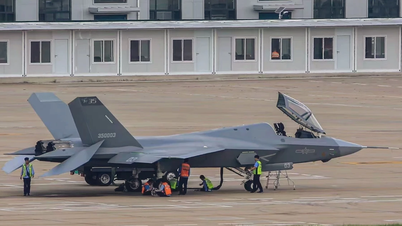




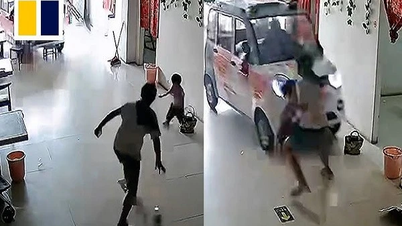






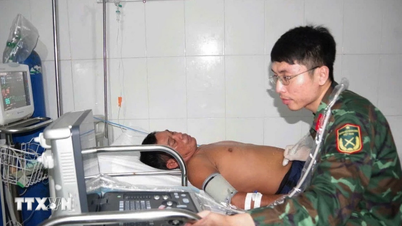
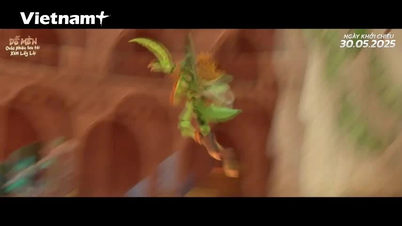
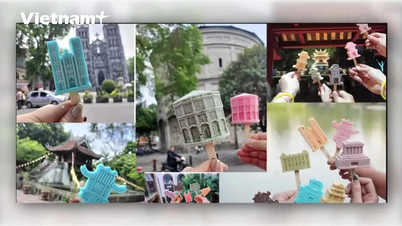
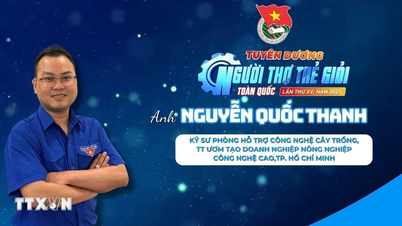











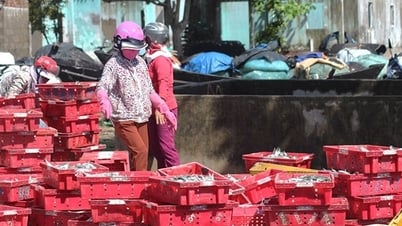






















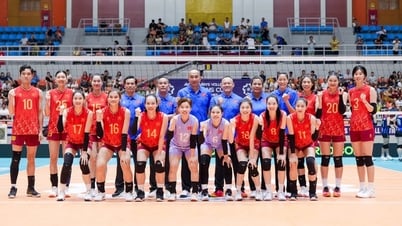
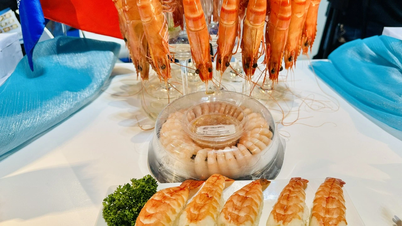











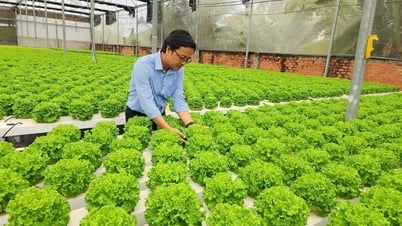

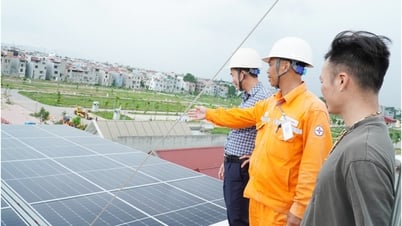

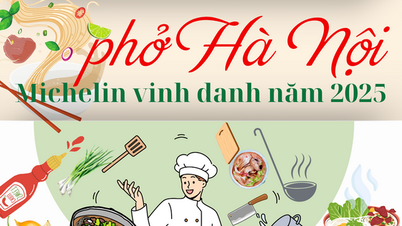
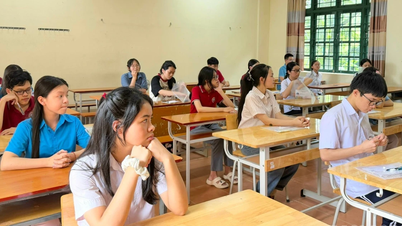

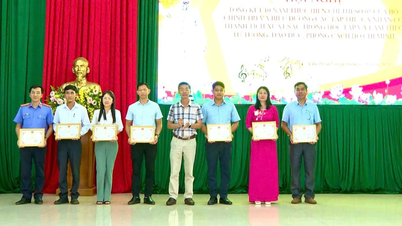










![[OCOP REVIEW] Tu Duyen Syrup - The essence of herbs from the mountains and forests of Nhu Thanh](https://vphoto.vietnam.vn/thumb/402x226/vietnam/resource/IMAGE/2025/6/5/58ca32fce4ec44039e444fbfae7e75ec)



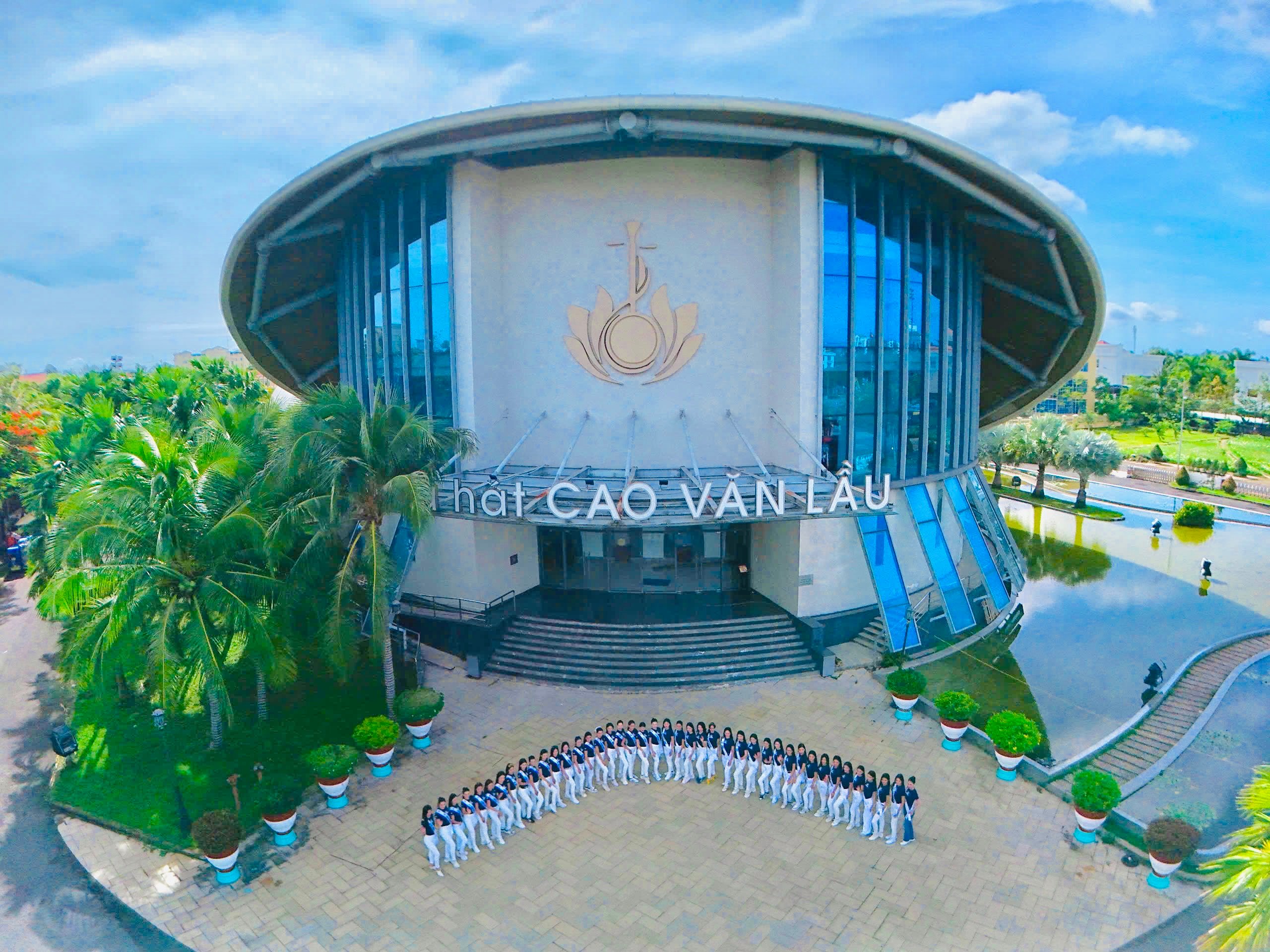

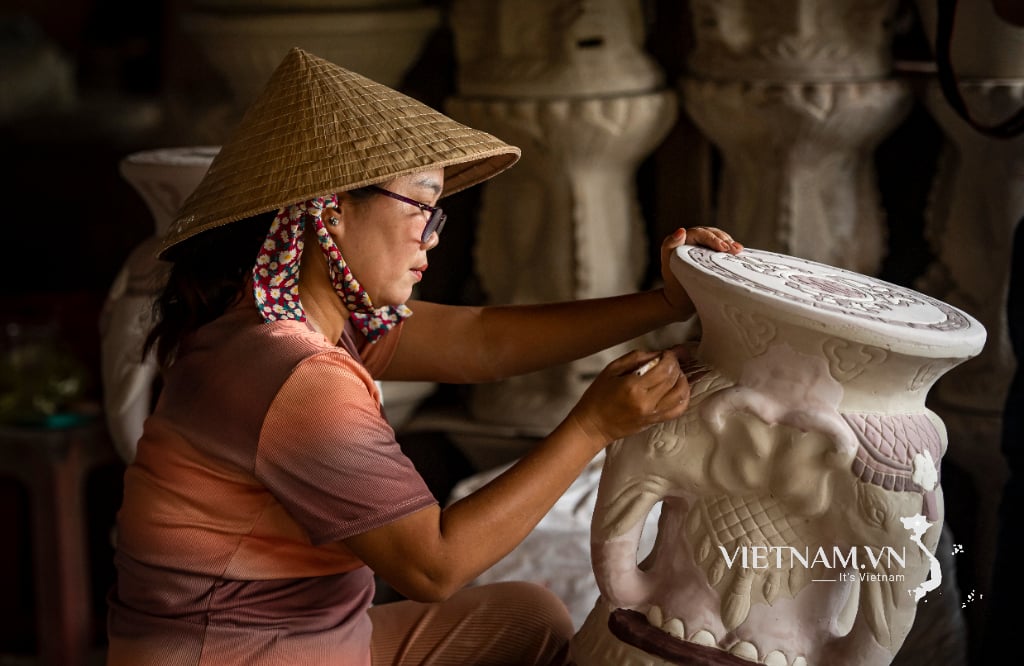
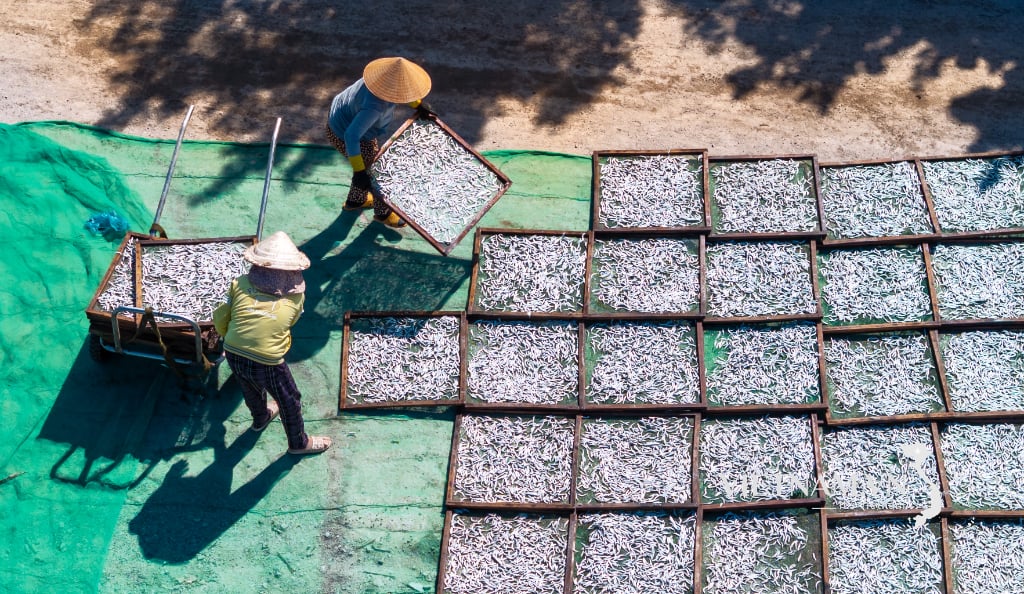
Comment (0)